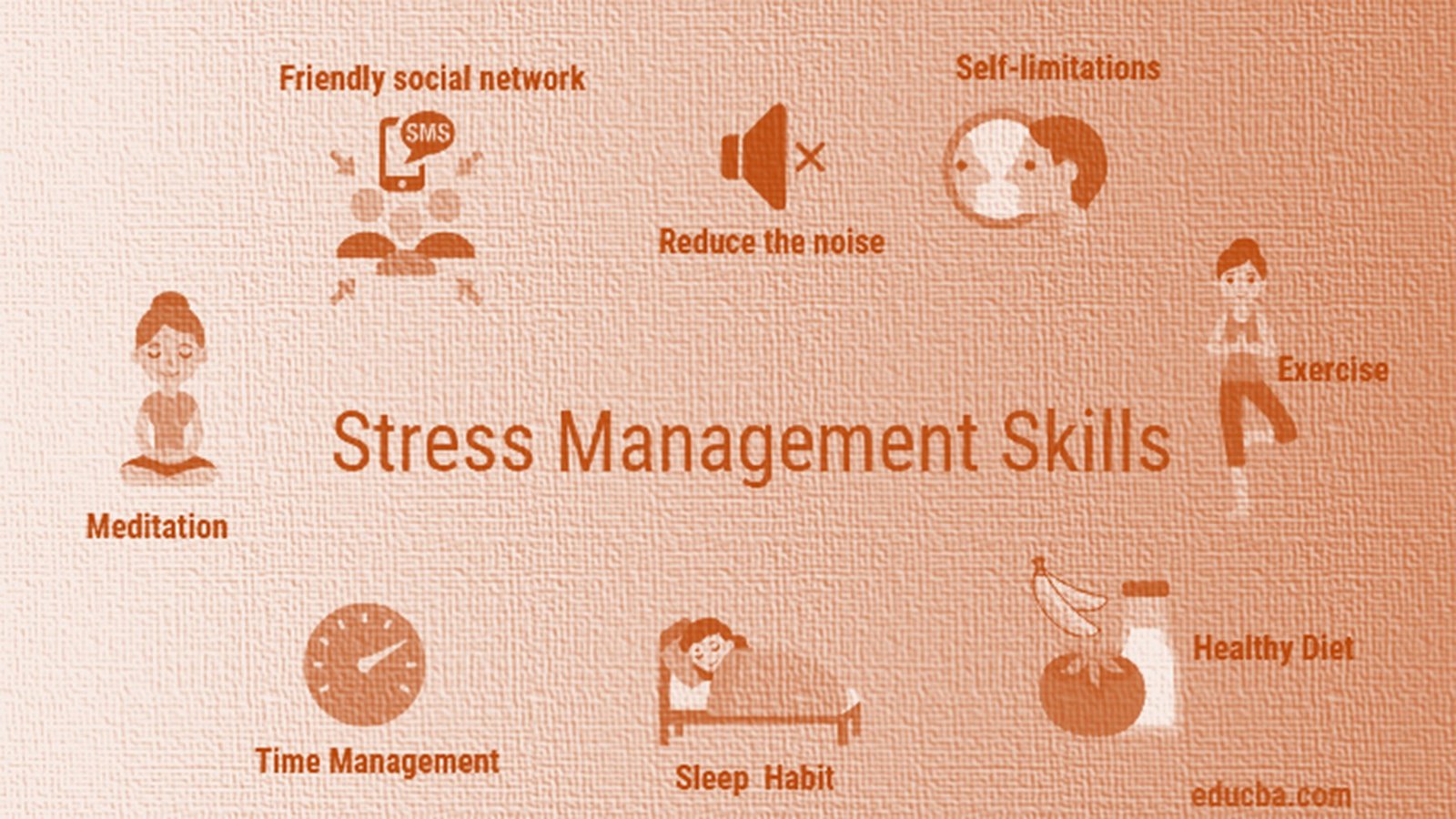In today’s busy world, we often overlook our most valuable asset—our health. While success, wealth, and material possessions are often celebrated, none of these can be fully enjoyed without good health. The old adage, “Health is wealth,” is more relevant than ever, emphasizing the importance of maintaining both physical and mental well-being. But why is it so critical to keep a check on our health, and how can we make it a priority?
This comprehensive guide will walk you through the what, why, and how of maintaining your health, offering practical tips, benefits, and solutions to common health challenges.
What Does “Health is Wealth” Really Mean?

The phrase “Health is wealth” means that no amount of money can replace the value of being healthy. Without good health, it becomes challenging to enjoy life’s pleasures, pursue your goals, or even perform daily tasks. While wealth is often measured in terms of financial success, true wealth is defined by the quality of life, and health plays a pivotal role in that equation.
- Physical Health: Refers to the overall condition of the body, including fitness, disease prevention, and proper functioning of organs.
- Mental Health: Involves emotional and psychological well-being, which significantly affects how we think, feel, and cope with life’s challenges.
Both physical and mental health are interconnected, and taking care of both is essential to live a balanced and fulfilling life.
Why Is It Important to Keep a Check on Your Health?
With modern lifestyles becoming increasingly sedentary and stress-laden, keeping a check on health is more crucial than ever. Here’s why:
1. Prevention is Better Than Cure
Regular health checks allow early detection of potential health issues. Preventive care, such as routine screenings and health assessments, can identify diseases like high blood pressure, diabetes, or heart disease before they become serious.
- Long-Tail Keyword: Importance of preventive healthcare
2. Improved Quality of Life
Good health enhances the quality of life by increasing energy levels, boosting mood, and improving sleep. When you feel good physically and mentally, you’re more productive, focused, and capable of enjoying life.
3. Reduced Healthcare Costs
Healthcare costs can skyrocket when diseases are left unchecked. By regularly monitoring your health and taking preventive actions, you can avoid expensive treatments down the road.
- Additional Keyphrase: Benefits of regular health checks
4. Mental Health Awareness
Mental health is often overlooked, but it is just as critical as physical health. Regular mental health check-ups can help identify stress, anxiety, or depression, allowing for timely intervention.
5. Increased Longevity
Maintaining good health through regular check-ups, a balanced diet, and exercise can extend your life. Healthy living reduces the risk of chronic diseases and improves life expectancy.
How to Keep a Check on Your Health: Practical Strategies
Now that we understand the importance of keeping track of our health, let’s dive into the how. Maintaining good health is about making conscious, informed decisions every day. Here are practical strategies to stay on top of your well-being:
1. Schedule Regular Health Screenings
One of the best ways to monitor your health is through regular medical check-ups. These screenings can help detect diseases early, making treatment more effective.
- Focus Keyphrase: Importance of regular health screenings
Key Screenings to Consider:
- Blood Pressure Check: High blood pressure is a silent killer that often goes unnoticed. Regular checks help manage this risk.
- Cholesterol Test: High cholesterol can lead to heart disease, making routine monitoring essential.
- Blood Sugar Test: Detecting early signs of diabetes can prevent long-term complications.
- Mental Health Assessments: Don’t ignore your mental health. Seek help when necessary.
2. Maintain a Balanced Diet
A nutritious diet is a cornerstone of good health. Foods rich in vitamins, minerals, and antioxidants strengthen the immune system, improve mood, and provide the energy needed for daily activities.
- Long-Tail Keyword: Best foods for a healthy immune system
Tips for a Balanced Diet:
- Include Whole Grains: Brown rice, oats, and whole wheat bread.
- Eat Plenty of Fruits and Vegetables: They are rich in fiber, vitamins, and antioxidants.
- Limit Processed Foods: Cut down on foods high in sugars, fats, and sodium.
- Stay Hydrated: Water is essential for detoxification and overall well-being.
3. Stay Physically Active
Exercise is essential for maintaining a healthy body and mind. Physical activity boosts cardiovascular health, reduces stress, and helps maintain a healthy weight.
- Focus Keyphrase: Benefits of regular exercise for health
Exercise Recommendations:
- Aerobic Exercise: Activities like walking, running, or swimming for 30 minutes a day.
- Strength Training: Build muscle mass through resistance exercises twice a week.
- Flexibility and Balance: Yoga or stretching helps improve flexibility and balance.
4. Manage Stress Effectively
Chronic stress takes a toll on your health, leading to issues like high blood pressure, depression, and heart disease. Incorporating stress-management techniques into your daily routine can improve your overall well-being.
- Additional Keyphrase: How to reduce stress naturally
Stress-Reduction Techniques:
- Mindfulness and Meditation: Practicing mindfulness helps you stay present and reduces anxiety.
- Breathing Exercises: Deep breathing calms the nervous system and lowers stress.
- Physical Activity: Exercise releases endorphins, which act as natural stress relievers.
5. Get Sufficient Sleep
Quality sleep is just as crucial as diet and exercise. Poor sleep patterns can lead to weakened immunity, cognitive decline, and increased risk of chronic illnesses like heart disease.
- Long-Tail Keyword: Tips for improving sleep quality
How to Improve Sleep:
- Establish a Sleep Routine: Go to bed and wake up at the same time every day.
- Create a Relaxing Environment: Keep your bedroom cool, dark, and quiet.
- Limit Screen Time: Avoid screens at least an hour before bed.
6. Stay Hydrated
Drinking plenty of water is essential for maintaining bodily functions. Proper hydration improves digestion, promotes clear skin, and helps maintain energy levels.
- Focus Keyphrase: Importance of staying hydrated
How Much Water Should You Drink?
- On average, adults should aim for 8-10 glasses of water a day, though individual needs may vary based on activity level and climate.
The Challenges of Maintaining Health
Despite knowing the importance of keeping a check on your health, many face challenges:
1. Lack of Time
Busy schedules often leave little room for self-care. However, investing time in your health today can save you from illness and lost productivity later on.
2. Financial Constraints
Some health screenings and treatments can be expensive. However, preventive measures are often more cost-effective than treating chronic diseases.
3. Lack of Awareness
Many people are unaware of the importance of regular health checks. This can lead to missed early warning signs of serious health issues.
Conclusion
It’s clear that health is indeed wealth, and keeping a check on it is essential for living a happy, fulfilling life. Prioritizing your physical and mental health can lead to a longer, more vibrant life, while also reducing the risk of chronic diseases. By following these practical strategies—regular check-ups, a balanced diet, exercise, stress management, and sufficient sleep—you can build a strong foundation for a healthy future.
Invest in your health today, and you’ll enjoy the wealth it brings for years to come.




